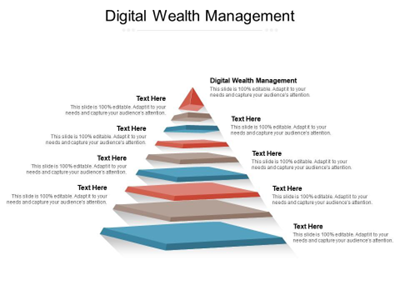As the world of wealth management undergoes significant changes, the focus has shifted towards personalization and digitalization in investment strategies. Recent studies have highlighted major investor trends that are shaping the asset management industry, including the democratization of investing, the evolution of the next-generation investor, and the decline of active mutual funds.
 Democratization of Investing and the Rise of Younger Investors
Democratization of Investing and the Rise of Younger Investors
Broadridge Financial Solutions’ U.S. Investor Study has shown a surge in younger investors and an increase in Mass Market investor households across Millennial, Gen X, and Boomer generations. This trend indicates a growing interest in investing among younger generations, leading to a more inclusive and accessible investment landscape. As a result, self-directed investing via online discount brokerages now holds more assets than any distribution channel for investors age 55 and younger.
 Women’s Growing Influence in the Investment World
Women’s Growing Influence in the Investment World
Another notable trend in the asset management industry is the increasing influence of women in investment decisions. The study found that women held a higher asset percentage in mutual funds compared to their male counterparts. This shift highlights the growing importance of addressing the unique financial needs and preferences of female investors in wealth management strategies.

Decline of Active Mutual Funds and the Rise of ETFs and Equities
Over the past four years, there has been a 14% drop in households that relied primarily on active mutual funds as their primary investment vehicle. This decline has been observed across every generation and wealth segment, with assets for mutual funds decreasing while ETFs and equities gained traction. This shift in investment preferences can be attributed to the growing popularity of passive investment strategies and the increasing availability of digital investment platforms.
 Embracing Personalization and Digitalization in Wealth Management
Embracing Personalization and Digitalization in Wealth Management
As the asset management industry continues to evolve, wealth management firms must adapt to these changing trends by embracing personalization and digitalization in their investment strategies. By leveraging technology and data-driven insights, firms can better understand and cater to the unique needs of their clients, including younger investors and women. In doing so, they can stay ahead of the curve and ensure their continued success in the rapidly changing world of wealth management.
